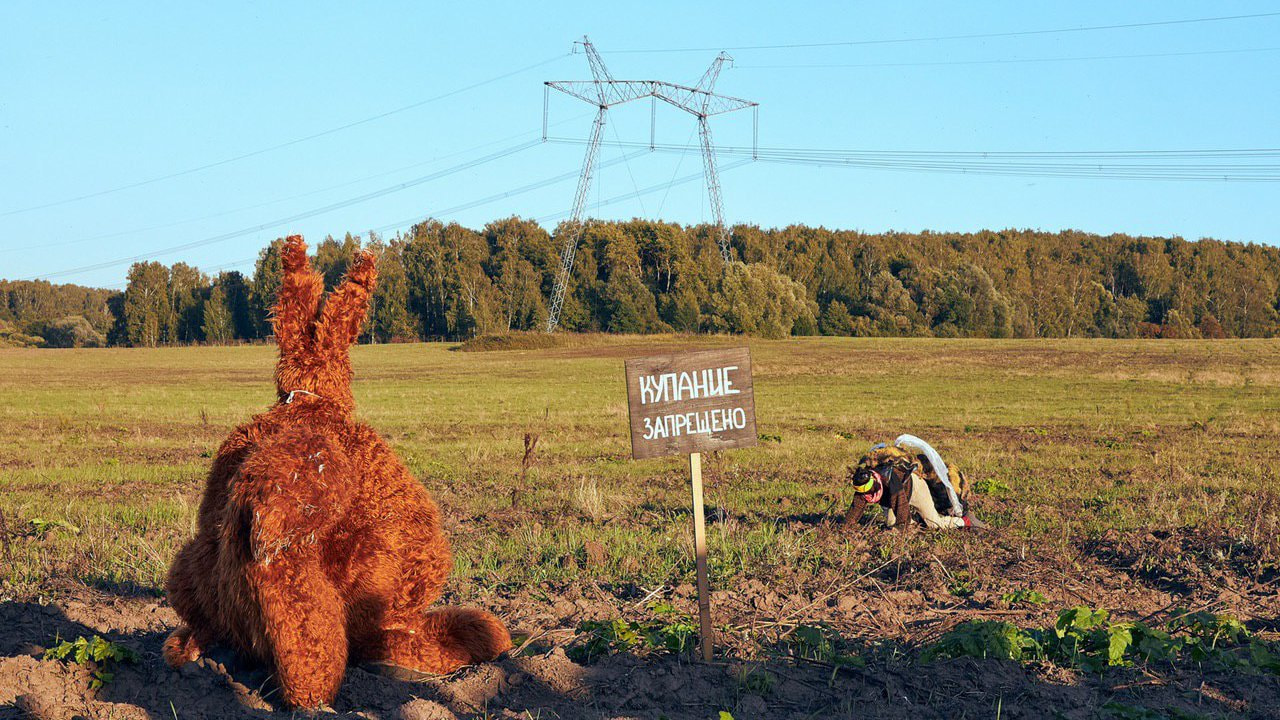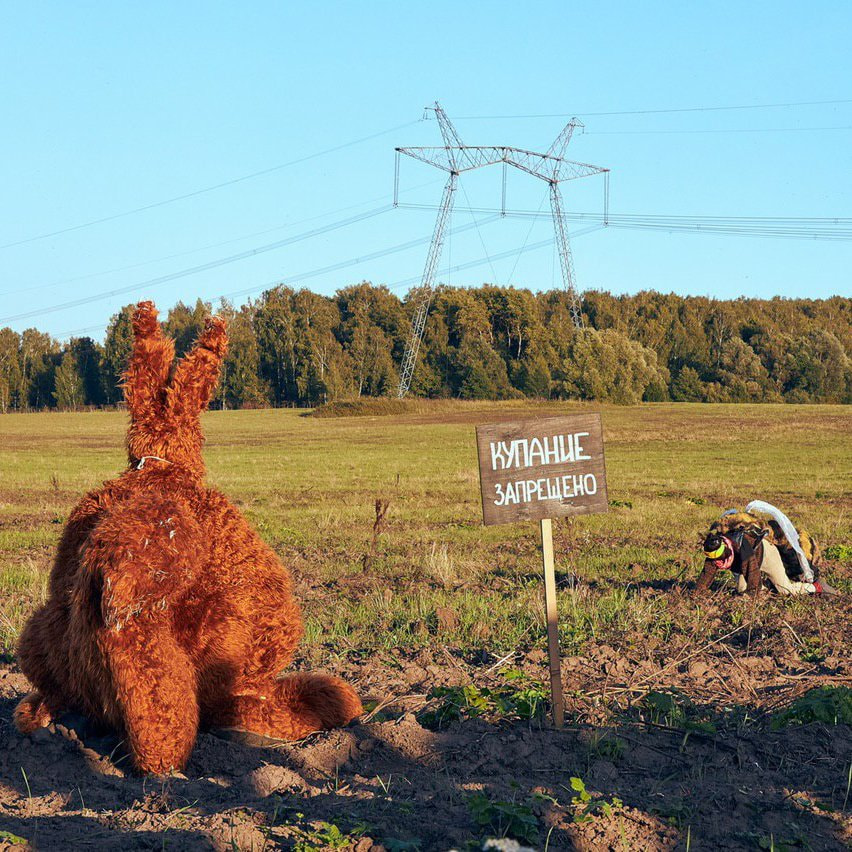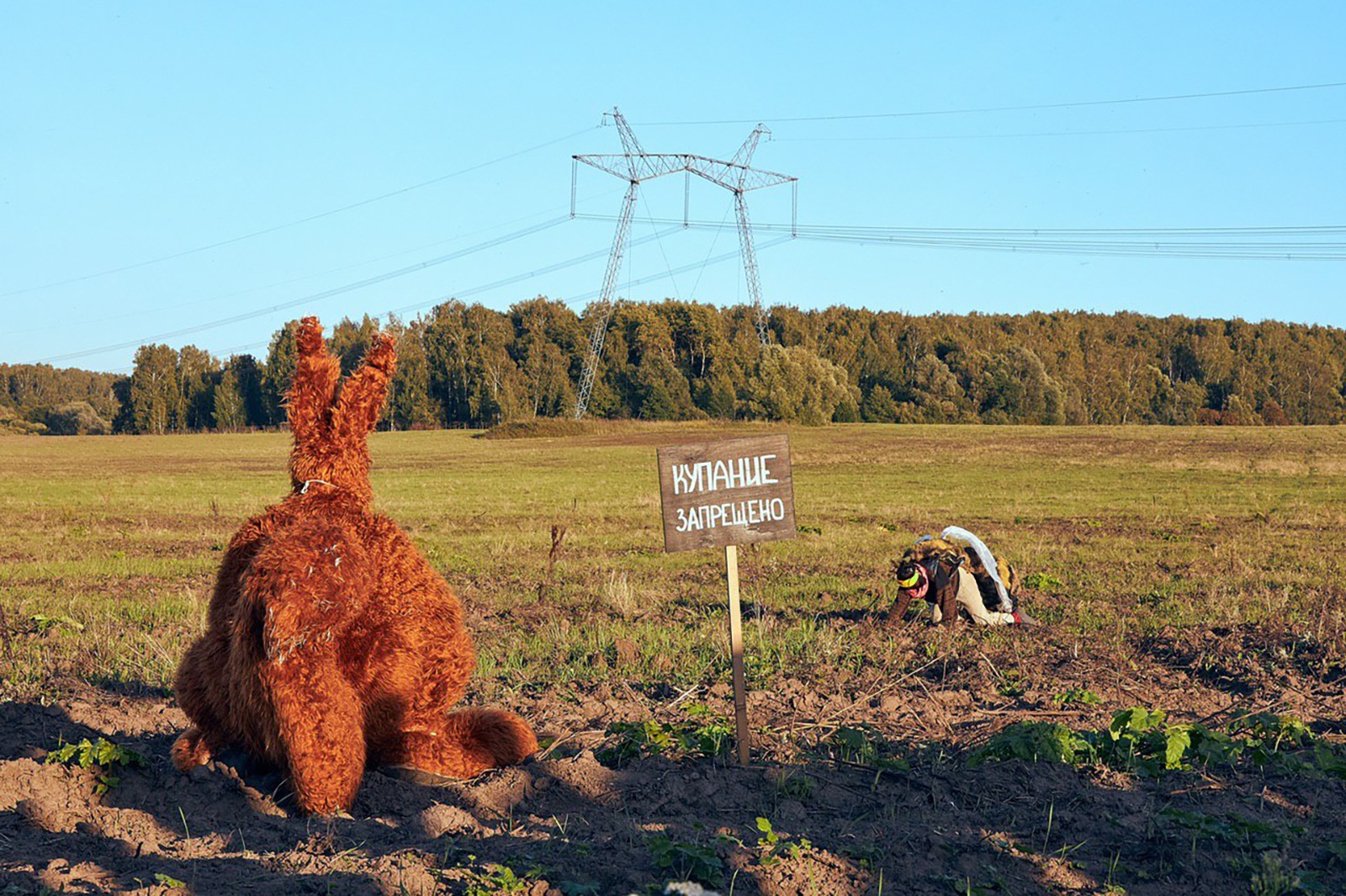Dasha Demekhina is a performance theory scholar, curator, co-founder of the Bureau of Performative Rituals, author of Zhizn kak performans [Life as Performance] podcast on Storytel.
Anastasia Proshutinskaya is a curator and contemporary dance scholar. From 2012 to 2018 she oversaw residencies for young choreographers and production of new performance at ZIL Cultural Center. In 2019, she was a jury member at [8:tension] Young Choreographers’ Series at ImPulsTanz festival in Vienna. She holds MA degrees in Performance Studies from Southern Illinois University and Art History from Lomonosov Moscow State University.
Anna Kozonina is a critic, editor and contemporary dance scholar. She has written for Colta.ru, Aroundart.org, Roomfor.ru, Moscow Art Magazine ad Springback Magazine and taken part in PROstsenium Contemporary Dance and Performance Lab at the National Center for Contemporary in Nizhny Novgorod. In 2018 she received a Garage.TXT grant to write a book on Russian dance performance. She was awarded an Innovation art award (New Generation category) in 2019.
Olya Tarakanova is a feminist, critic writing for Nozh and The Village, dramatist and media artist for the play Locker Room Talk, one of the authors of the play Karies Kapitalizma [The Cavities of Capitalism], theatre blogger.
Valentin Diaconov is a curator at Garage Museum of Contemporary Art.


